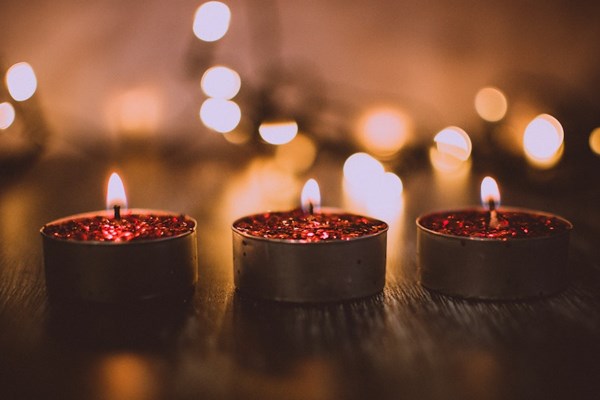
On a recent hike in Temescal Canyon, I passed a troop of summer campers. They were gathered around a picnic table, where their counselor was giving a brief lesson. “Repeat after me” he called out. “It’s ok to be afraid.” The kids joyfully responded: “It’s ok to be afraid!” “Fear is a natural emotion,” he added. “Fear is a natural emotion!” they shouted back. I smiled, because on this hike I’d been thinking a lot about the emotions we fear; specifically about desire. So I imagined myself as that camp counselor, calling out to my adult students, “It’s ok to desire… desire is a natural emotion!”
Do you feel it’s ok to desire? You can find out by noticing how you respond when desire arises inside of you. Think of one you’ve been having recently – say for rest, or sex, or social recognition – and take a look. Most of the time, do you judge, fear, ignore, or downplay the desire? Or do you tend towards checking out and recklessly indulging it one way or another? How often do you feel simple loving kindness towards your longings?
It’s hard to reveal oneself when another is judging, dismissing, or acting unconsciously towards us. Most humans just want to be seen, heard, and understood. And it’s the same for our desire, or any aspect of our psyche. Approval and curiosity create a safe space for our desires to reveal their true motivations to us. (Tip: this is not a bad approach to any kind of relating.)
So next time you feel desire, slow down and get curious. Notice how it feels in your body. Turn your warm attention towards it. Ask it what it wants you to know. Listen to its hopes and fears. Those hungers which we imagine to be shameful, impossible, or selfish, may just reveal themselves to be tender, generous, and even wise.
As Rainer Maria Rilke wrote in his Letters to a Young Poet, “Perhaps all the dragons in our lives are princesses who are only waiting to see us act, just once, with beauty and courage. Perhaps everything that frightens us is, in its deepest essence, something helpless that wants our love.”
